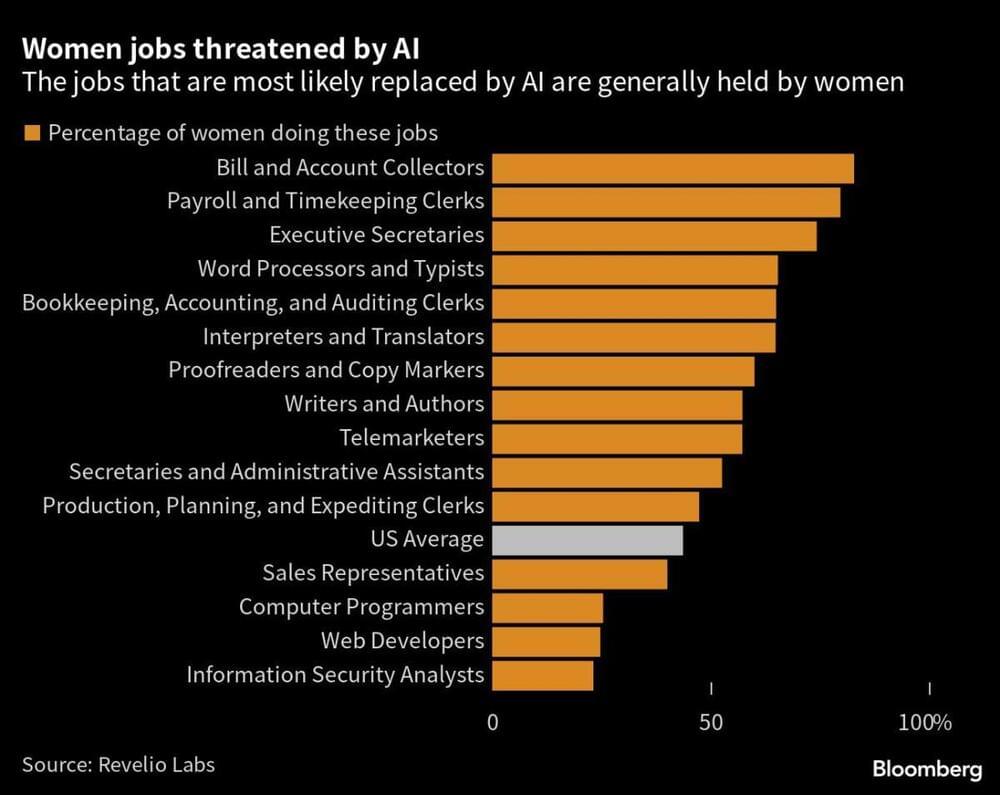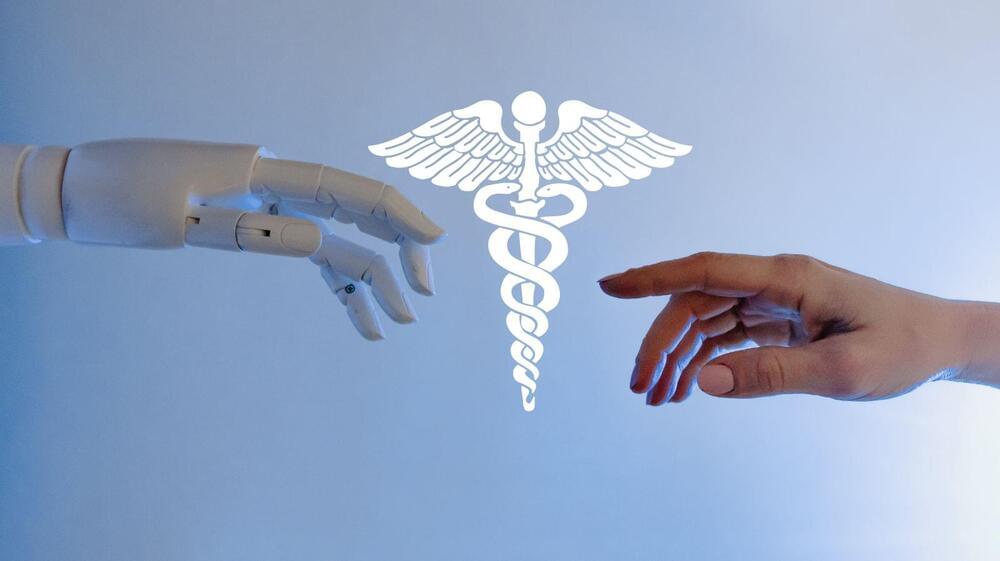Dumme, a startup putting AI to practical use in video editing, is already generating demand before opening up to the public. The Y Combinator-backed company has hundreds of video creators testing its product, which leverages AI to create short-form videos from YouTube content, and a waitlist of over 20,000 pre-launch, it says. Using a combination of both proprietary and existing AI models, Dumme’s promise is that it can not only save on editing time but also — and here’s its big claim — do a better job than the contracted (human) workforce who is often tasked with more menial video editing jobs, like cutting down long-form content for publication on short-form platforms like YouTube Shorts, TikTok or Instagram Reels.
Founded in January 2022 and a participant in startup accelerator Y Combinator’s Winter 2022 program, Dumme co-founder and CEO Merwane Drai said he was originally focused on building a search engine for video. But around six months ago, the team realized that a better product might be to repurpose the same AI models they were developing to edit video clips instead.
Joined by co-founders Will Dahlstrom (CPO) and Jordan Brannan (CTO), all with AI backgrounds, Drai realized Dumme may have landed on the right product-market fit after their app went viral, crashing their servers.







